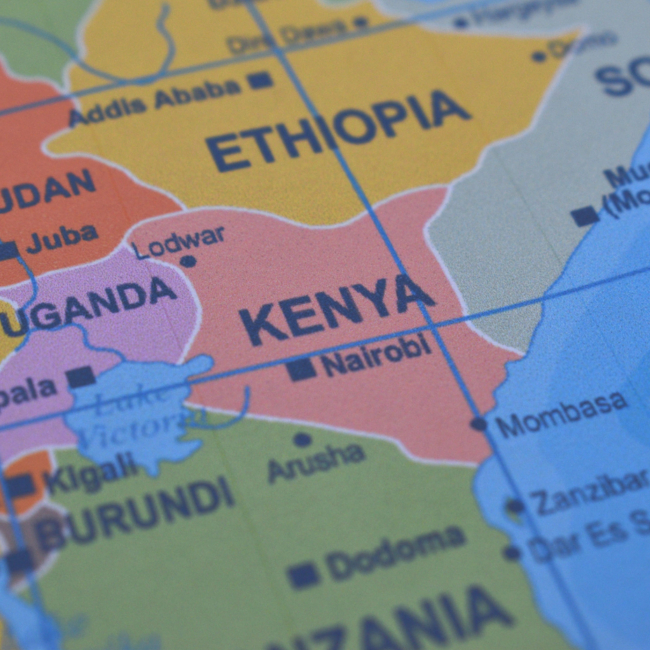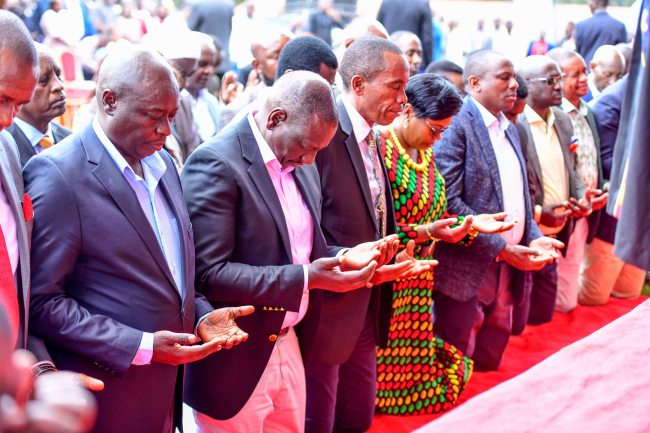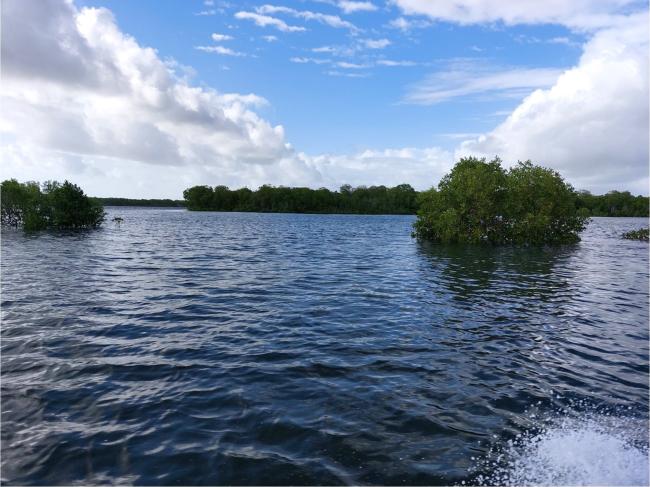Gulf States: A Paradoxical Economic Lifeline for Sudan
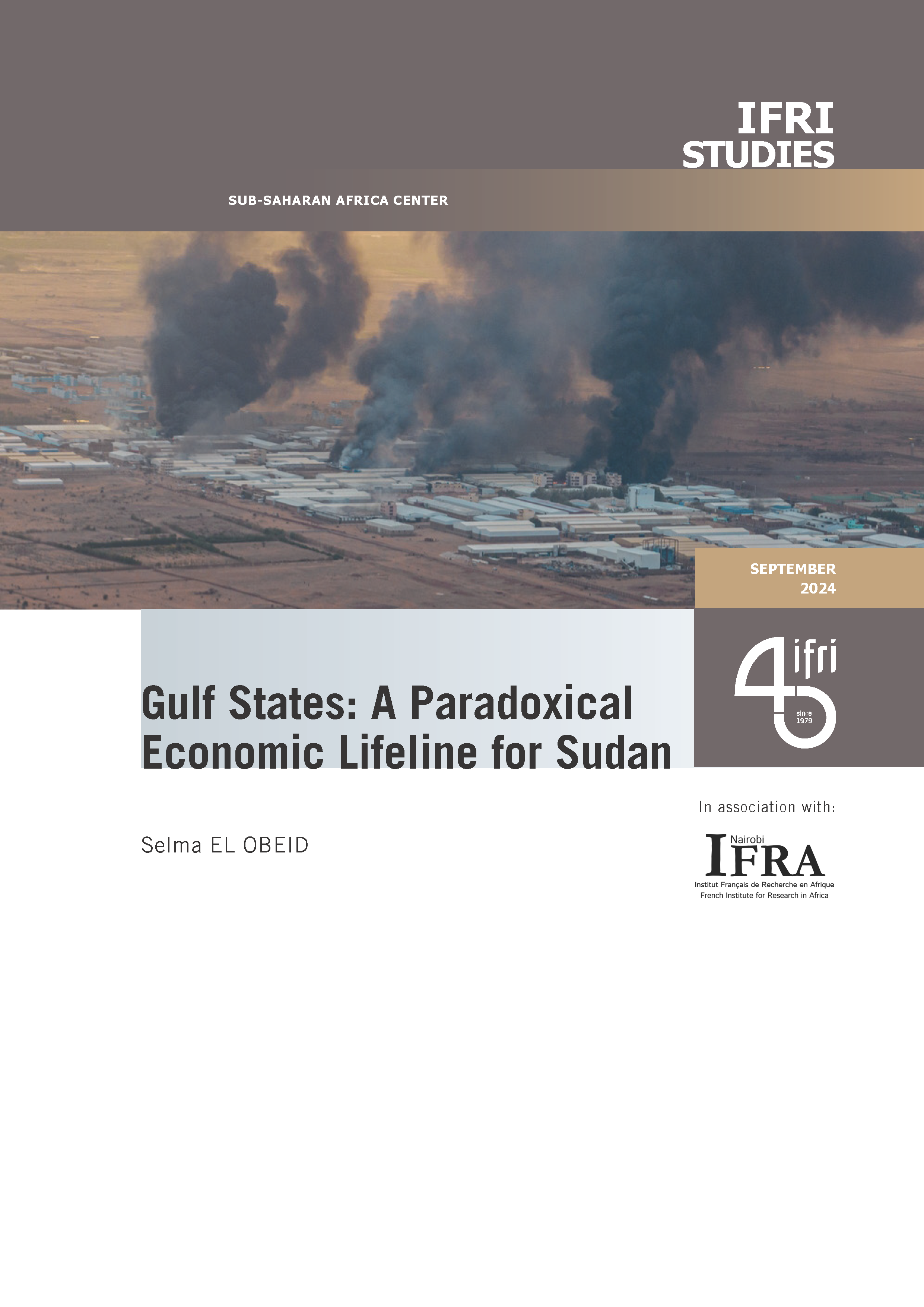
For decades, Gulf states have provided crucial financial assistance to Sudan. Gulf interest in Sudan is driven by economic benefits and geopolitical competition, though each country has its own interests and approach.
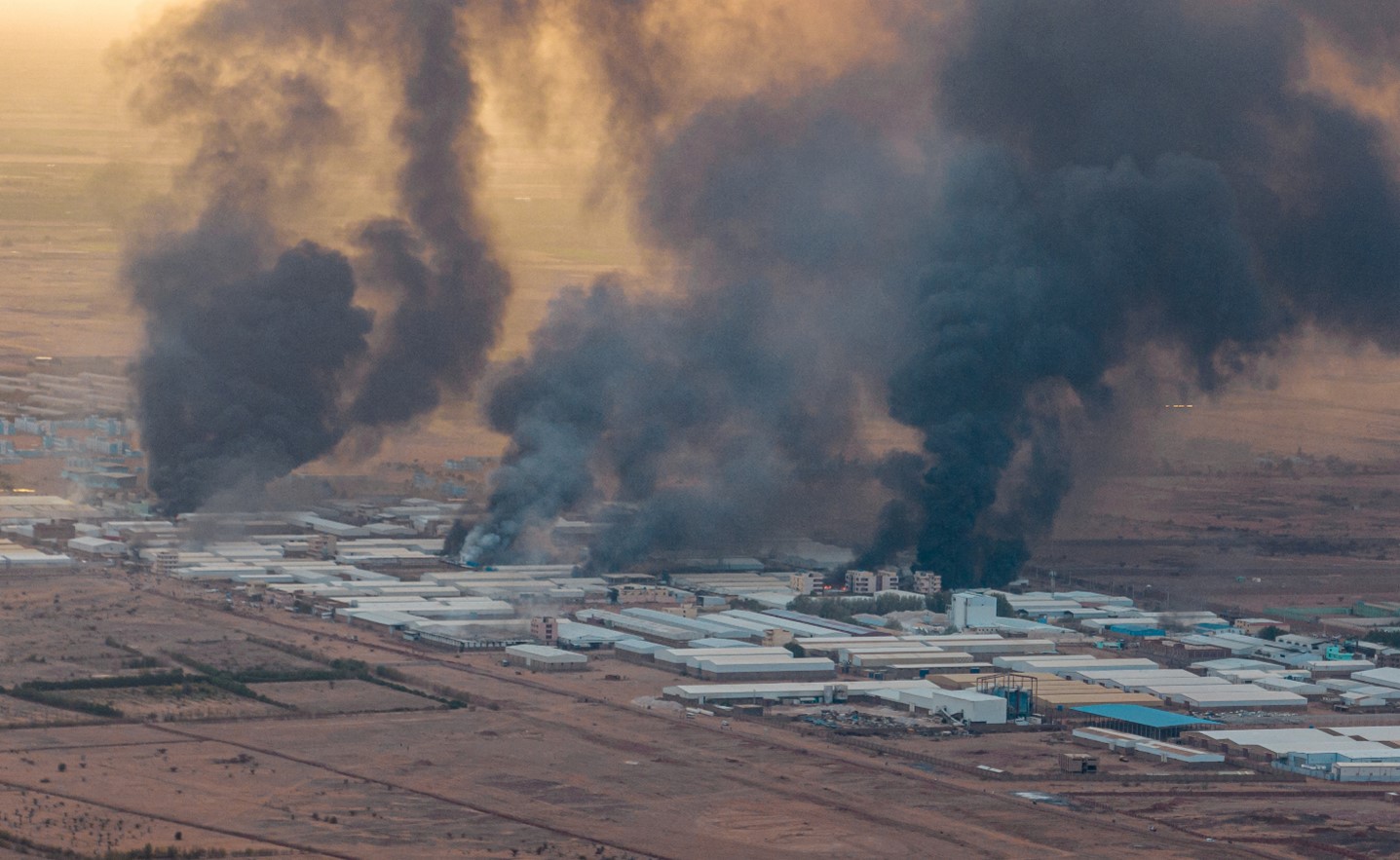
On the other hand, the Gulf’s appeal to Sudan is three-fold. First, they have quickly available money when others are shying away. In recent years, Gulf states have become the primary sources of foreign direct investment and first trade partners. Second, their indifference toward sanctions has helped the government and Sudanese businesses to navigate the difficult twenty years of American sanctions. Third, while Sudan’s conflicts are ignored by everyone, Gulf countries are ready to mediate.
Yet, Gulf economic engagement in Sudan has created an unbalanced situation where Sudan was obliged to give political and economic concessions against the Gulf cash largesse. This vital source of money has helped to consolidate and prolong the authoritarian regimes of Jaafer Mohamed Nimeiri and Omar Hassan al-Bashir. The current conflict has interrupted the Gulf projects and shrank private investment. Still, it is unlikely to halt the Gulf economic engagement in Sudan, at least because Sudan could leverage their food insecurity and the Red Sea threats.
Note produced by Ifri for the Directorate General of International Relations and Strategy (DGRIS) of the French Ministry of the Armed Forces as part of the East and Central Africa Observatory in partnership with the French Institute for Research in Africa (IFRA-Nairobi).

Available in:
Themes and regions
ISBN / ISSN
Share
Download the full analysis
This page contains only a summary of our work. If you would like to have access to all the information from our research on the subject, you can download the full version in PDF format.
Gulf States: A Paradoxical Economic Lifeline for Sudan
Related centers and programs
Discover our other research centers and programsFind out more
Discover all our analysesThe Revenue Sources Sustaining Sudan’s Civil War. Lessons for the year 2023
Wars require money and resources, and often, most conflicts involve controlling sources of income and supply lines or denying them to enemies. This has been the case in Sudan’s past conflicts and is again as the civil war—between the Sudan Armed Forces (SAF), commanded by General Abdelfattah al-Burhan, and the paramilitary Rapid Support Forces (RSF), commanded by General Mohammed Hamdan Daglo “Hemedti” —has sunk into a protracted conflict.
Anglo-Kenyan Relations (1920-2024) : Conflict, Alliance and a Redemptive Arc
This article provides an evidentiary basis for postcolonial policy in its analysis of Anglo-Kenyan relations in a decolonization era.
Kenya’s Spiritual President and The Making of a Born-Again Republic: William-Ruto, Kenya’s Evangelicals and Religious Mobilizations in African Electoral Politics
Over the last two decade, the growing influence of Evangelicals and their leaders in electoral politics is one of the most significant developments in the East African region and the Horn of Africa. Their numerical and demographic growth seems to go together with their growing influence in these countries’ political scenes, especially in the spheres of electoral politics, society, and governance.
Cross-border Dynamics in Terrorist Mobility and Infiltration along the East African Coastlines
This paper looks at how terrorism has thrived in the East African region, the evolving nature of criminality and terrorism, and the crime-terror nexus in the coastal and maritime areas of East Africa. The emphasis of the analysis is on the Kenyan coastal regions with a focus on three counties, namely, Kwale, Kilifi, and Lamu.





